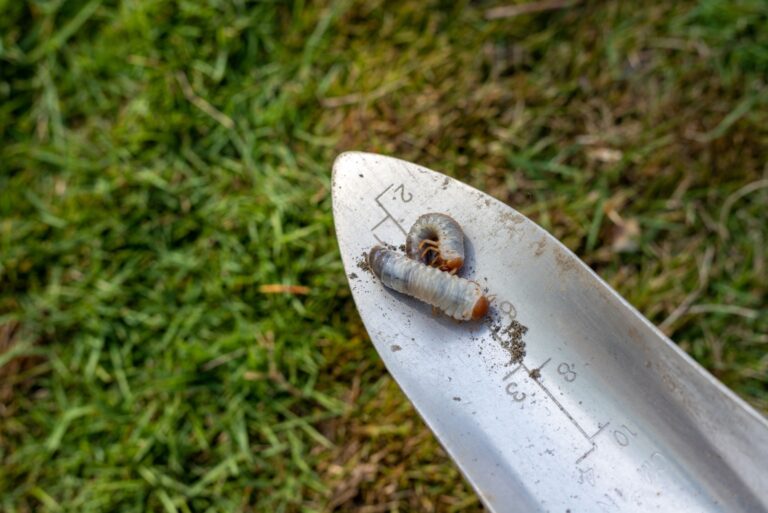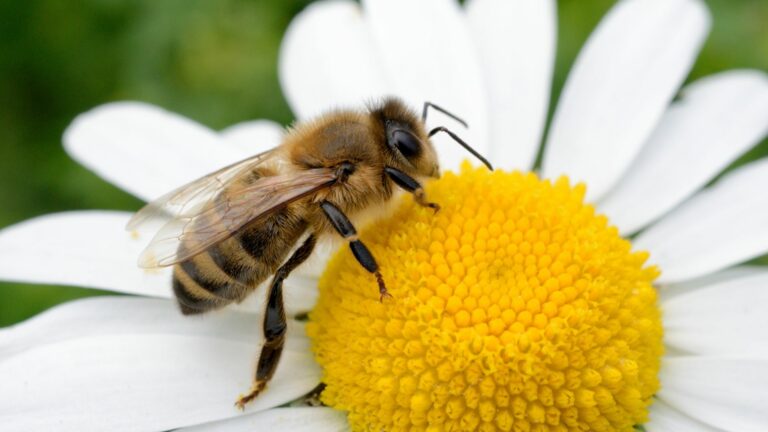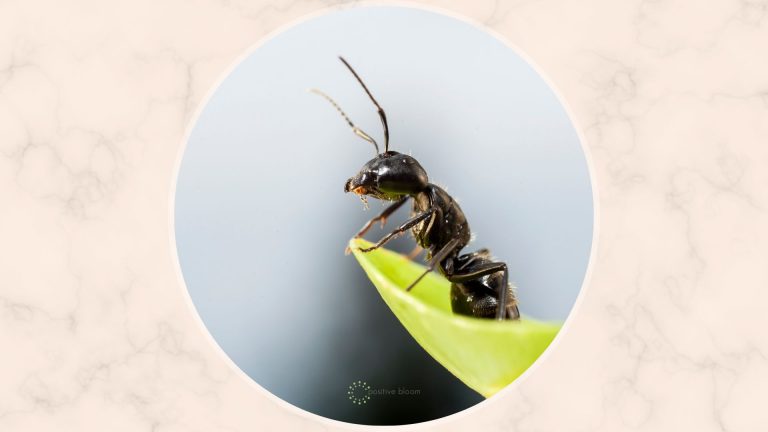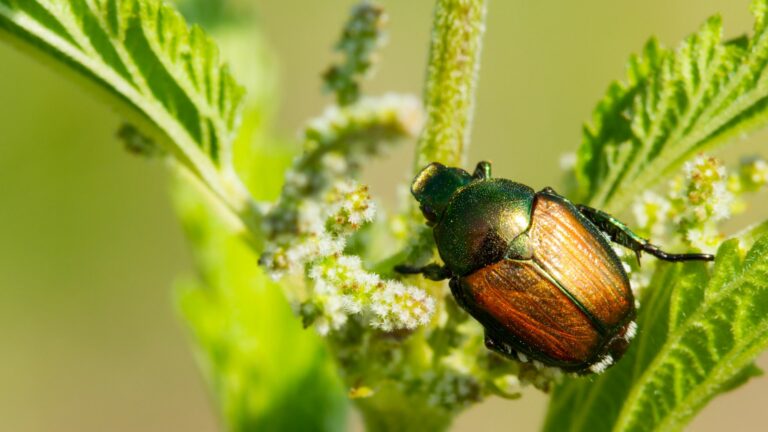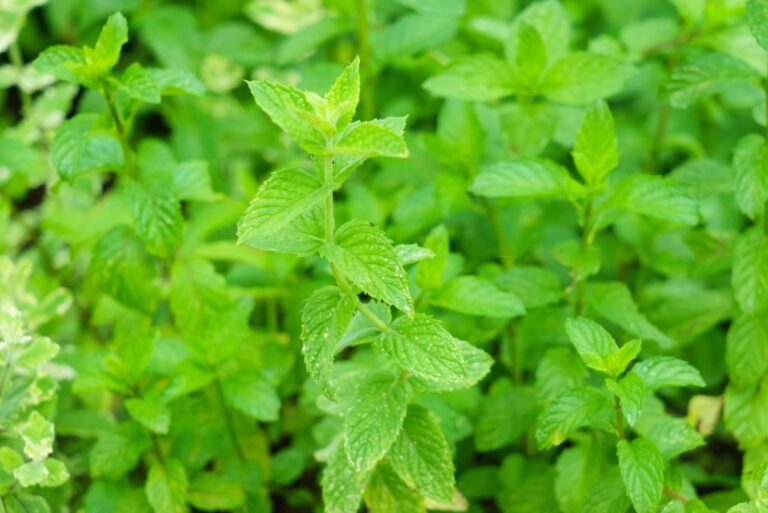Smells That Drive Skunks Away From Colorado Homes
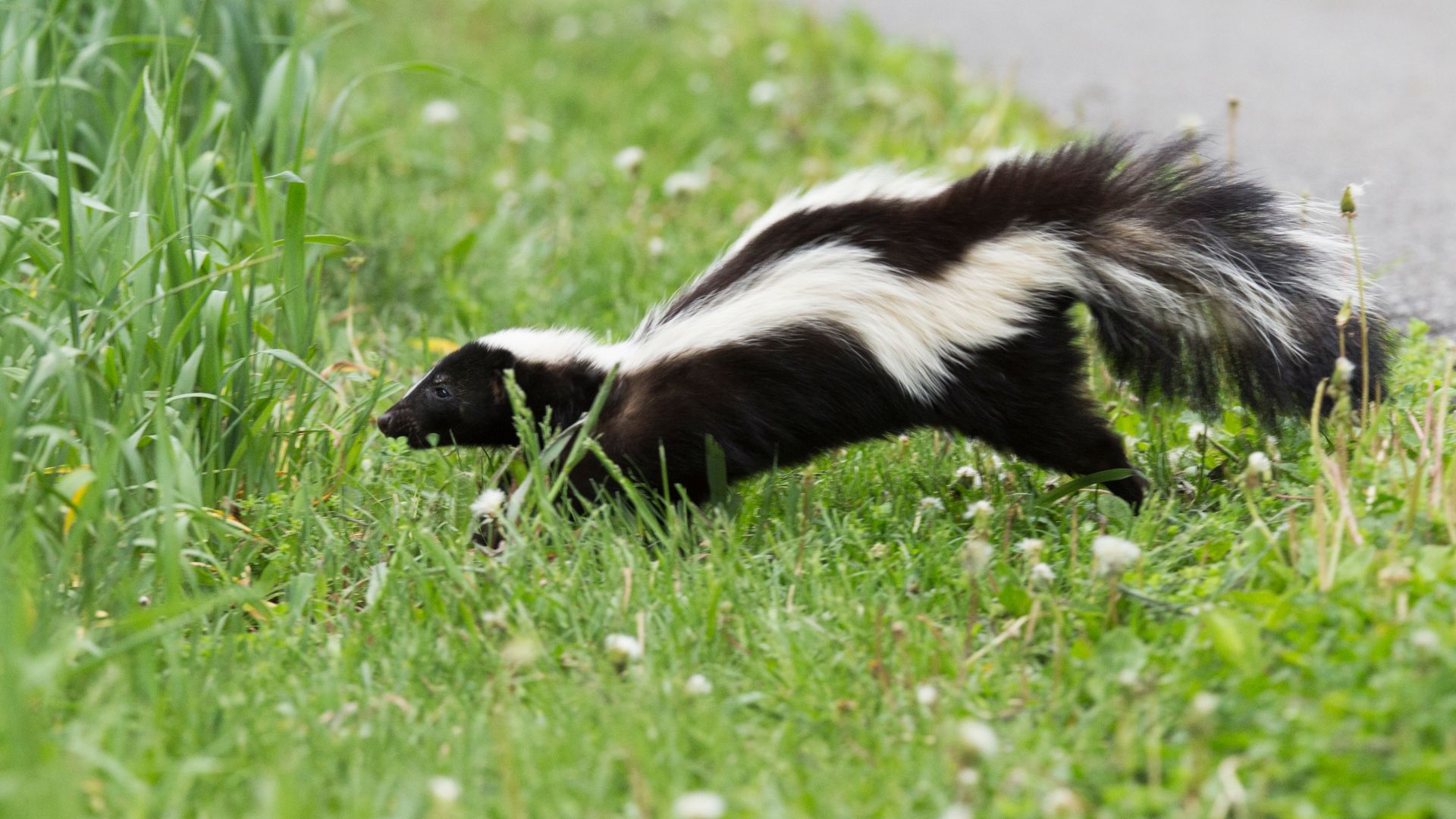
As evening falls across Colorado, skunks start to stir, slipping through yards in search of snacks and shelter. They may look harmless, but one spray can leave your space reeking for days. Luckily, their powerful sense of smell—so good at finding food—can be used against them.
Homeowners from Denver to Estes Park have found simple ways to make skunks think twice. Certain scents act like invisible fences, sending them elsewhere without harm. Whether it’s under the deck or near your bins, the right smell makes all the difference.
From citrus peels to spicy blends, these 15 natural repellents are trusted by gardeners and neighbors alike. They help create a yard that says “keep walking” to curious skunks—no traps or chemicals required.
1. Citrus Peels
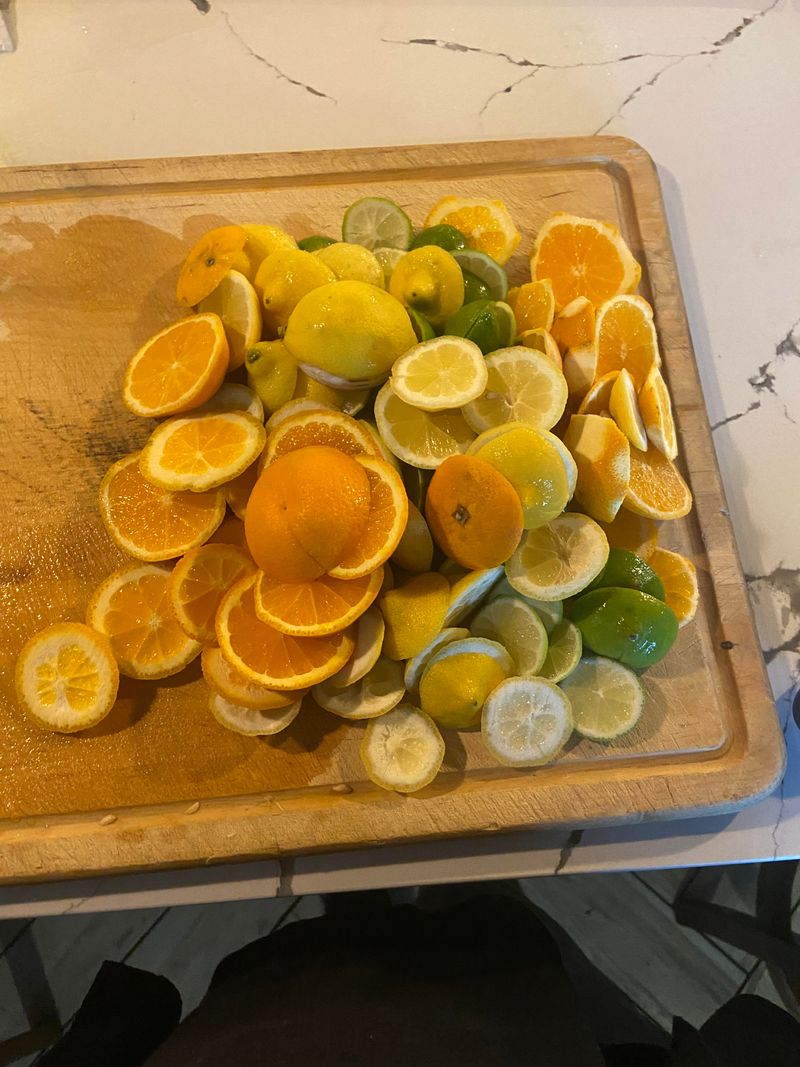
Skunks absolutely detest the strong, acidic scent of citrus fruits. Their sensitive noses find the compounds in orange, lemon, and grapefruit peels particularly offensive, sending them scurrying in the opposite direction.
Scatter fresh peels around garden beds, deck perimeters, and entry points to your Colorado property. Replace them every few days for maximum effectiveness, especially after rain.
My neighbor in Boulder discovered this trick accidentally after composting citrus peels around his vegetable garden. He noticed the skunk family that had been raiding his compost suddenly avoided the area completely.
2. Predator Urine
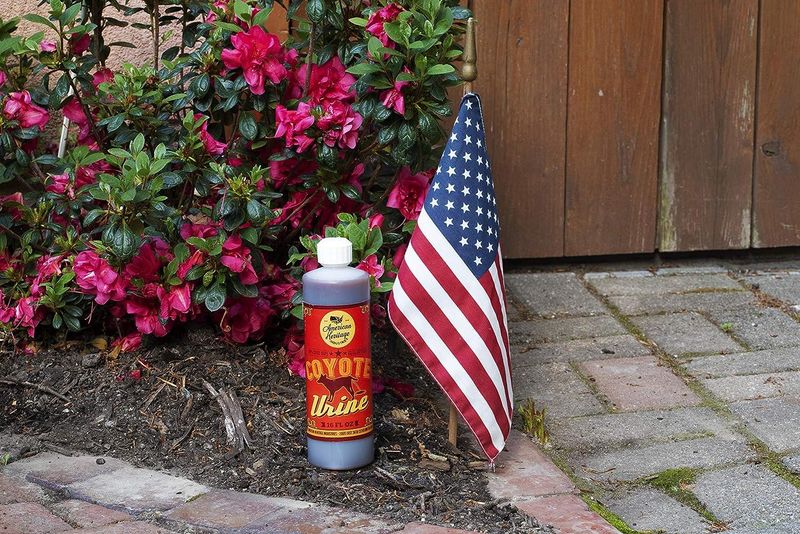
Skunks have natural predators like coyotes and foxes—animals common in Colorado’s diverse ecosystem. The scent of predator urine triggers a survival instinct in skunks, making them avoid areas where they sense danger lurking.
Commercial predator urine can be purchased at garden centers or online. Apply it around the perimeter of your property, focusing on areas where skunks might enter from nearby open spaces or wooded areas.
Living near the foothills myself, I’ve found this particularly effective during spring when skunks become more active. Just remember to reapply after heavy rain or snow melt.
3. Peppermint Essential Oil

The crisp, intense aroma of peppermint overwhelms a skunk’s sensitive olfactory system. While humans find this scent refreshing, skunks experience it as an irritating assault on their senses.
Mix 15-20 drops of peppermint oil with water in a spray bottle and apply to areas where skunks frequent. In Fort Collins neighborhoods, homeowners often spray around garbage cans and under porches where skunks seek shelter.
During Colorado’s dry months, I soak cotton balls in peppermint oil and place them in small mesh bags around potential entry points, refreshing them weekly for continuous protection.
4. Ammonia
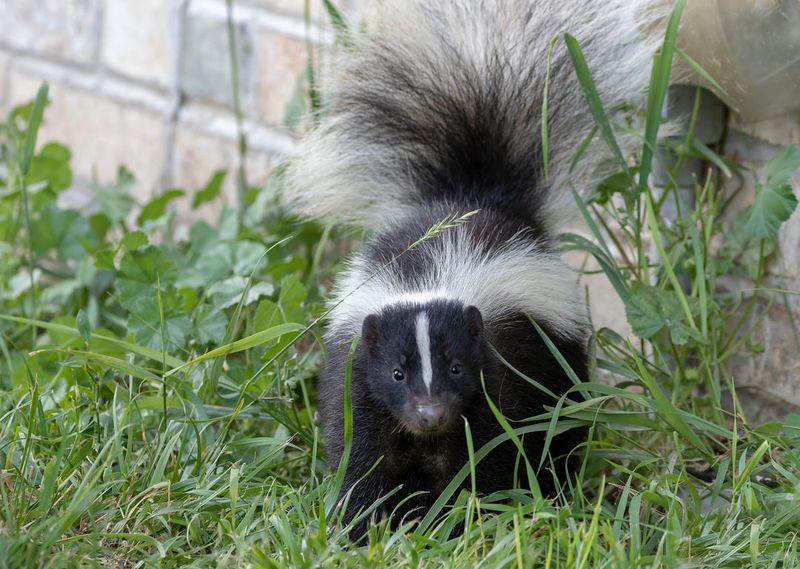
Ammonia’s harsh chemical smell mimics predator urine, triggering immediate alarm in skunks. Their survival instincts kick in when they encounter this pungent odor, causing them to seek safer territory.
Soak rags in ammonia and place them in containers near skunk-prone areas like under decks or sheds. Be strategic about placement in Colorado yards, keeping ammonia away from plants and areas where pets or children play.
When dealing with persistent skunk issues at my Lakewood home last summer, this method proved remarkably effective, though I made sure to replace the rags every few days as the smell dissipates.
5. Garlic
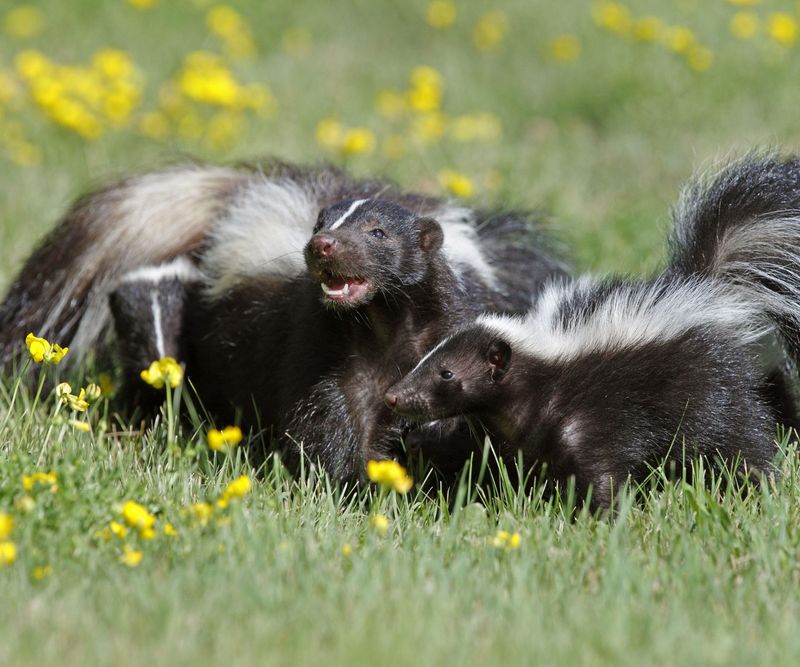
Garlic’s sulfur compounds create an intense aroma that skunks find utterly repulsive. Their acute sense of smell makes garlic particularly effective as a natural deterrent that won’t harm the environment.
Crush several cloves and boil them in water to make a potent spray for your Colorado property’s perimeter. Some homeowners in Colorado Springs plant garlic around their gardens or properties as a living barrier.
I’ve found that mixing crushed garlic with water and a bit of cayenne creates a powerful repellent spray that lasts through our dry Colorado days, though it needs reapplication after rain.
6. Coffee Grounds
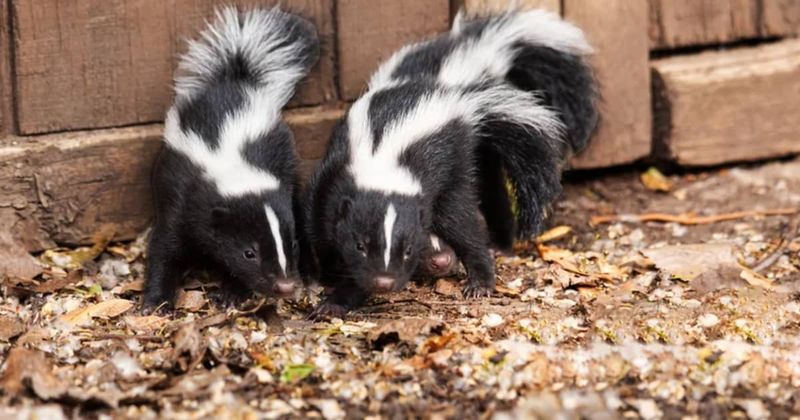
Used coffee grounds emit a strong, bitter scent that irritates skunks’ sensitive noses. The grounds’ acidity and intense aroma create an unwelcoming environment that skunks prefer to avoid entirely.
Sprinkle used grounds around your garden borders, flower beds, and potential den sites. Many Denver coffee shops give away used grounds for free, making this an economical solution for Colorado homeowners.
After spreading coffee grounds around my Highland Ranch property’s perimeter, I noticed the family of skunks that had been visiting nightly quickly found somewhere else to forage. As a bonus, the grounds enrich your soil!
7. Mothballs
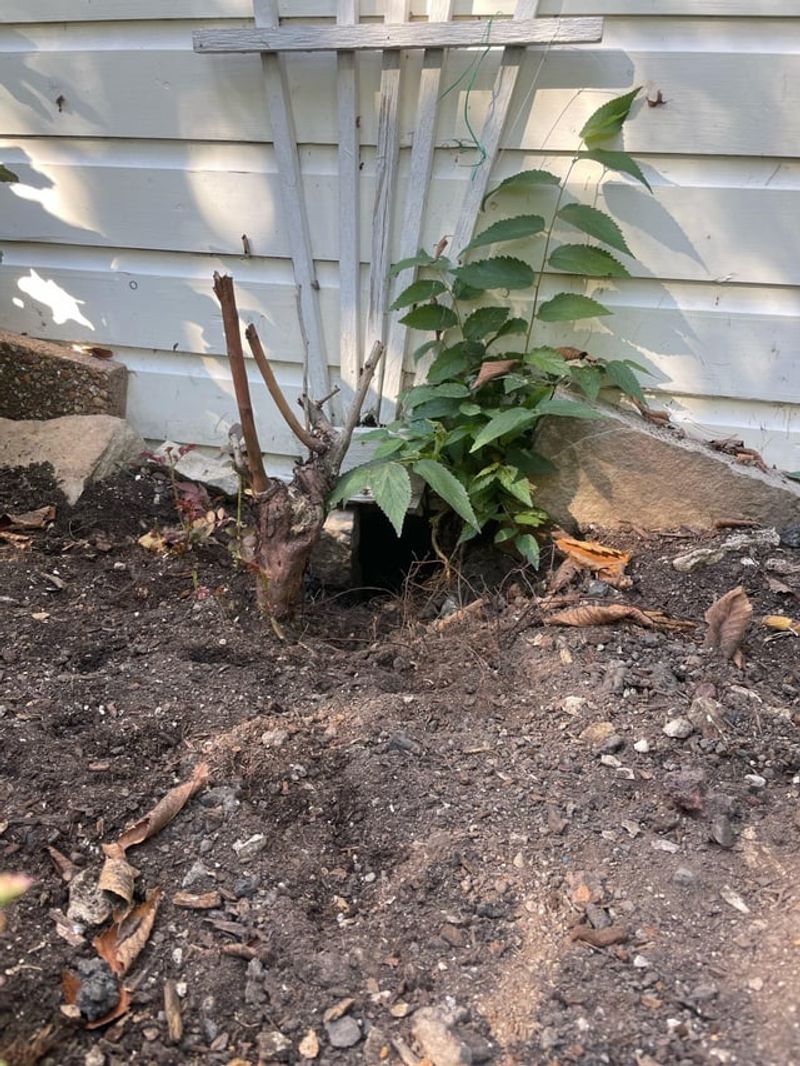
The naphthalene in mothballs creates a powerful odor that overwhelms skunks’ sensitive noses. This chemical smell is so offensive to them that they’ll actively avoid areas where mothballs are present.
Place mothballs in mesh bags around potential den sites or entry points to your Colorado property. Be cautious near vegetable gardens or areas where children or pets play, as mothballs contain toxic chemicals.
When we had skunks under our deck in Longmont, carefully placed mothballs in mesh containers helped drive them away within days. Just remember to replace them periodically as their effectiveness diminishes over time.
8. Vinegar
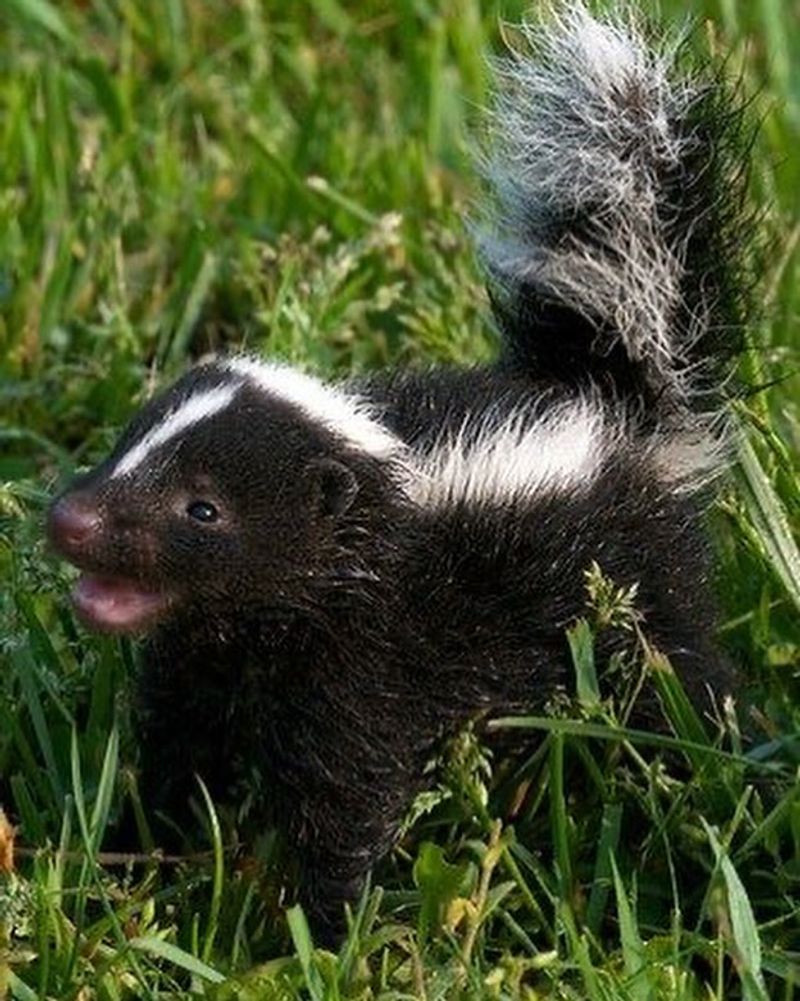
The sharp, acidic scent of vinegar disrupts skunks’ sensitive sense of smell. White vinegar’s pungent aroma creates an inhospitable environment that makes skunks seek more comfortable surroundings.
Soak rags in white vinegar and place them in areas where skunks frequent. Colorado residents often refresh these vinegar stations weekly, especially in spring when skunk activity increases around neighborhoods near open spaces.
During a particularly active skunk season in our Aurora neighborhood, several families successfully coordinated using vinegar barriers around our properties, creating a skunk-free zone that lasted all summer.
9. Castor Oil
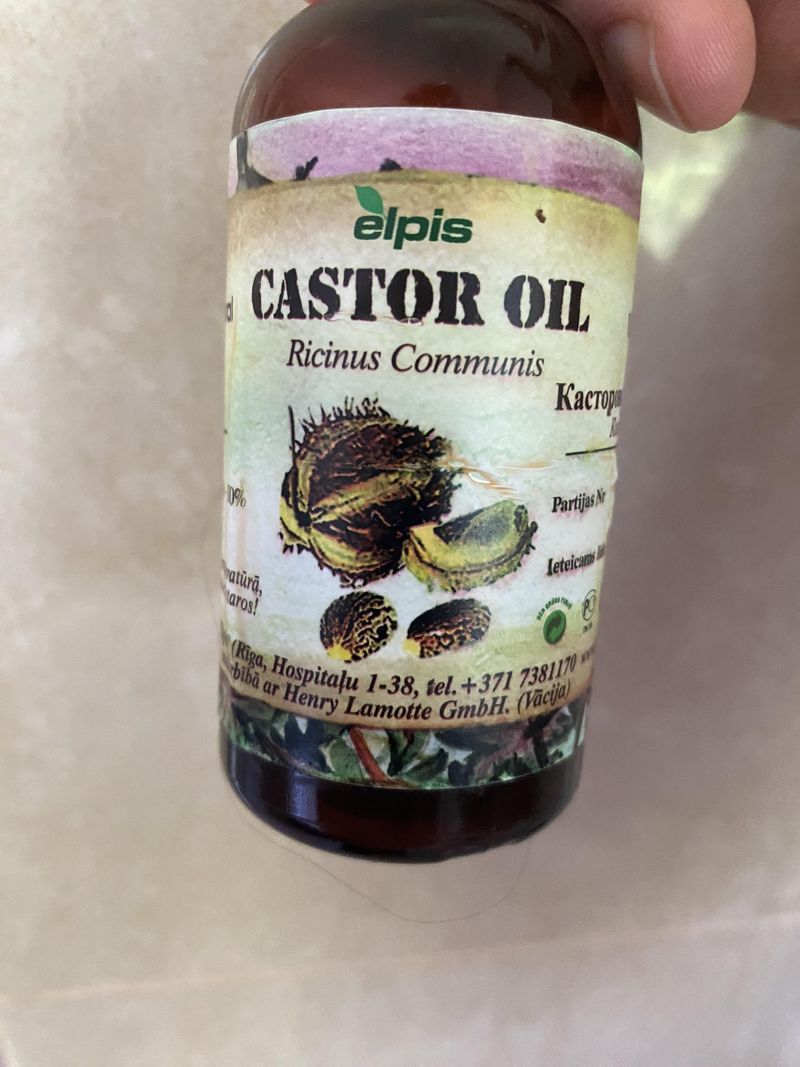
Castor oil has a distinctive smell and taste that skunks find deeply unpleasant. When applied to soil, it creates a barrier that makes skunks uncomfortable when they try to dig or forage in treated areas.
Mix castor oil with water and a few drops of dish soap, then spray around your Colorado property’s perimeter. This solution works particularly well in sandy or loose soils common in eastern Colorado communities.
My sister in Littleton swears by this method—she hasn’t had skunk problems since she started applying it monthly around her property. The oil’s effects last longer than many other repellents, especially in our drier climate.
10. Hot Peppers
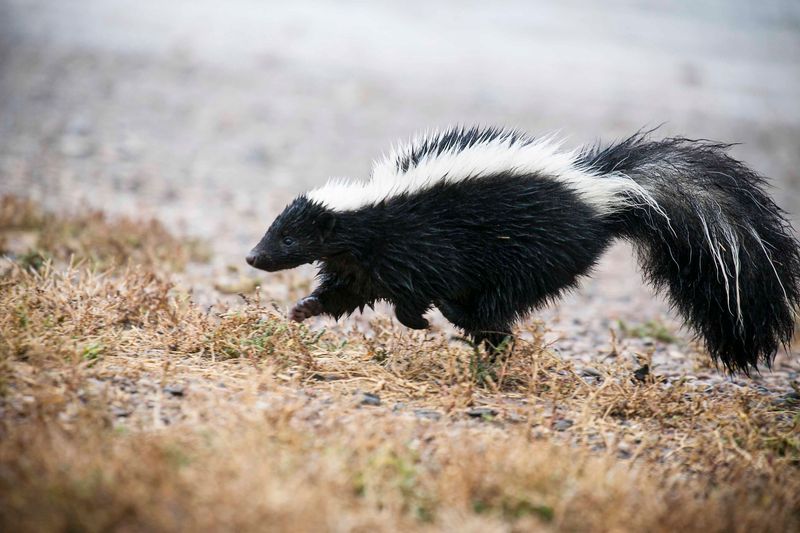
Capsaicin, the compound that makes peppers hot, irritates skunks’ sensitive nasal passages and eyes. Even the residual scent of hot peppers can be enough to send skunks looking for more comfortable territory.
Boil chopped hot peppers in water, strain, and spray the solution around your property. Focus on areas where skunks might dig or den, like under porches common in older Colorado Springs neighborhoods.
After battling persistent skunks at our mountain cabin near Evergreen, I scattered dried pepper flakes around entry points and sprayed pepper solution weekly. The skunks relocated within days, apparently finding our spicy welcome too uncomfortable.
11. Onions
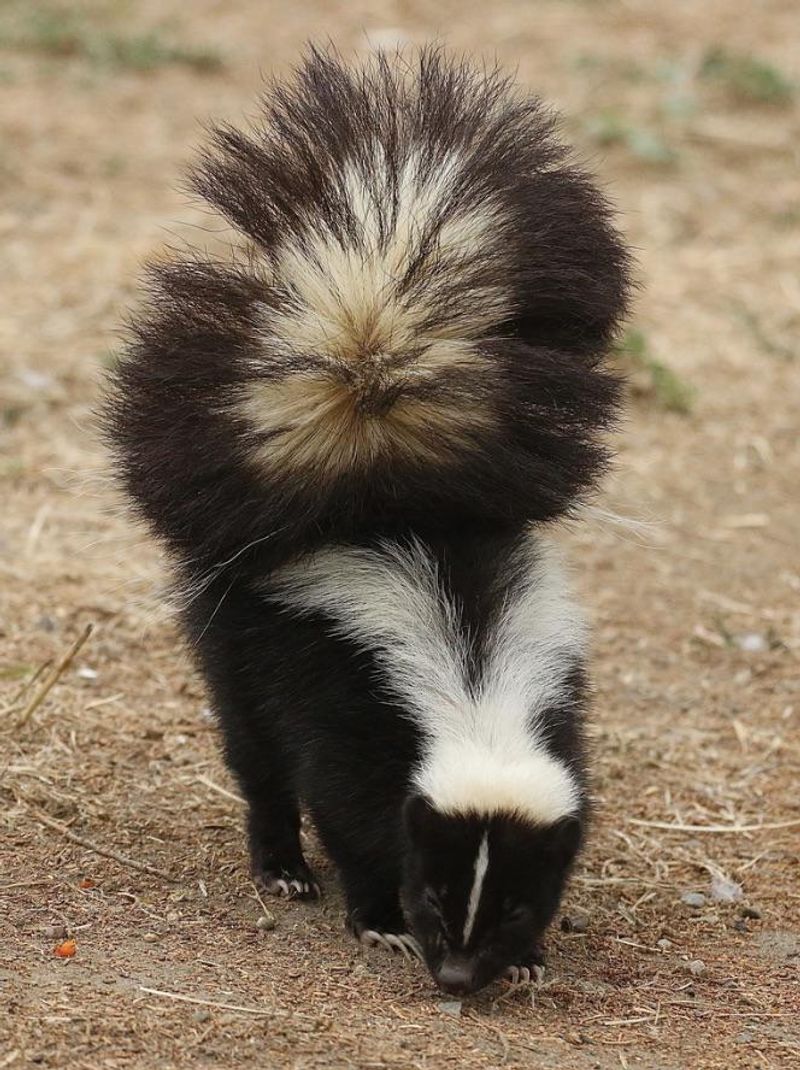
Onions contain powerful sulfur compounds that create an overwhelming sensory experience for skunks. Their delicate noses find the strong, pungent smell deeply offensive and irritating.
Slice onions and place them near skunk hotspots, or create an onion spray by boiling chopped onions in water. Many Boulder residents place these natural deterrents near compost piles or garden beds that attract nighttime visitors.
When we had a skunk family move under our shed in Westminster, scattered onion slices helped convince them our property wasn’t an ideal home. The Colorado summer heat intensified the smell, making it even more effective.
12. Dog Hair
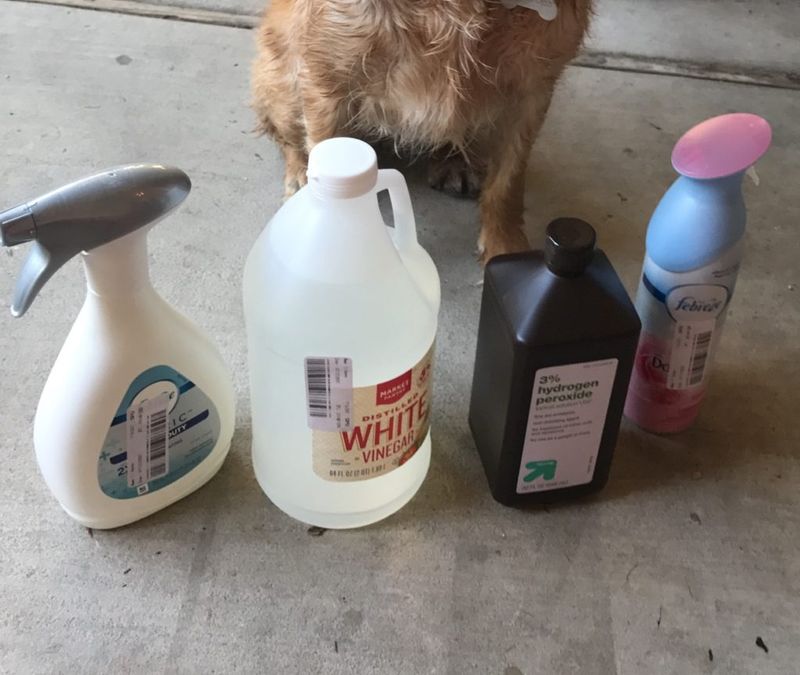
The scent of potential predators sends skunks running for safer territory. Dog hair carries oils with scent markers that signal danger to skunks, making them avoid areas where they detect canine presence.
Collect hair when brushing your dog and scatter it around your Colorado property’s perimeter. Focus on areas where skunks might enter from neighboring open spaces or natural areas common throughout the Front Range.
My neighbor in Grand Junction saved hair from grooming her German Shepherd and placed it in mesh bags around her property. She hasn’t had skunk problems since implementing this simple, cost-free solution.
13. Rosemary
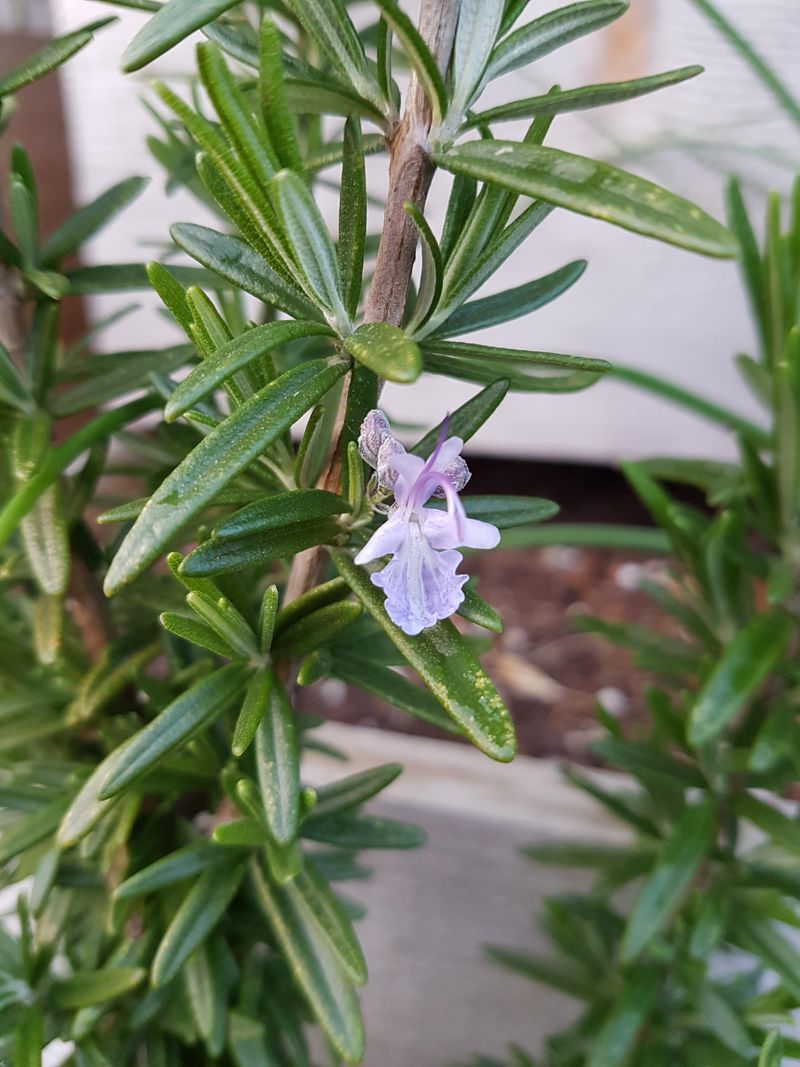
Rosemary’s intense aromatic oils contain compounds that irritate skunks’ sensitive noses. The strong herbal scent that humans find pleasant creates an overwhelming sensory experience for these nocturnal visitors.
Plant rosemary bushes around your Colorado property’s perimeter or make a strong rosemary tea to spray around potential entry points. The hardy herb thrives in Colorado’s climate, especially in sunny areas with good drainage.
At our home near Colorado National Monument, we’ve created a natural barrier of rosemary plants that serves double duty—keeping skunks away while providing fresh herbs for cooking. The plants thrive in our arid climate with minimal care.
14. Irish Spring Soap
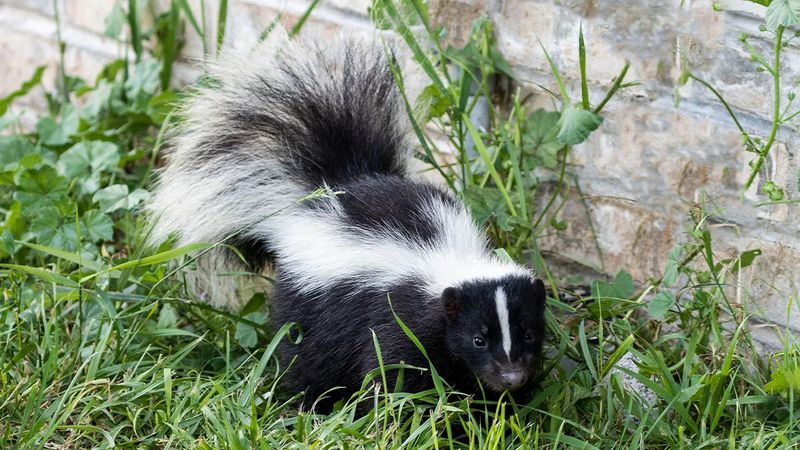
Irish Spring soap contains tallow, which gives it a distinctive smell that skunks find extremely unpleasant. The strong fragrance overwhelms their sensitive olfactory system, creating an effective barrier.
Grate the soap or cut bars into chunks and place them in mesh bags around your Colorado property. Many homeowners in Parker and Castle Rock neighborhoods have found this particularly effective near decks and outbuildings.
During our unusually wet spring last year, I discovered that placing soap chunks in covered areas maintained their effectiveness longer in Colorado’s variable weather. The soap slowly dissolves with rain, continuously releasing its repellent scent.
15. Cedar Oil

Cedar oil contains potent aromatic compounds that irritate skunks’ respiratory systems and overwhelm their sensitive noses. The woody, intense smell creates an invisible barrier that skunks prefer not to cross.
Apply cedar oil to cotton balls and place them in areas where skunks might enter your Colorado property. Some Fort Collins residents soak rope in cedar oil and create a perimeter barrier around vulnerable areas like chicken coops.
After trying several repellents at our mountain property near Breckenridge, cedar oil proved most effective during our cool mountain summers. The oil’s scent seems to carry well in the mountain air, creating a wider protection zone than other repellents.

